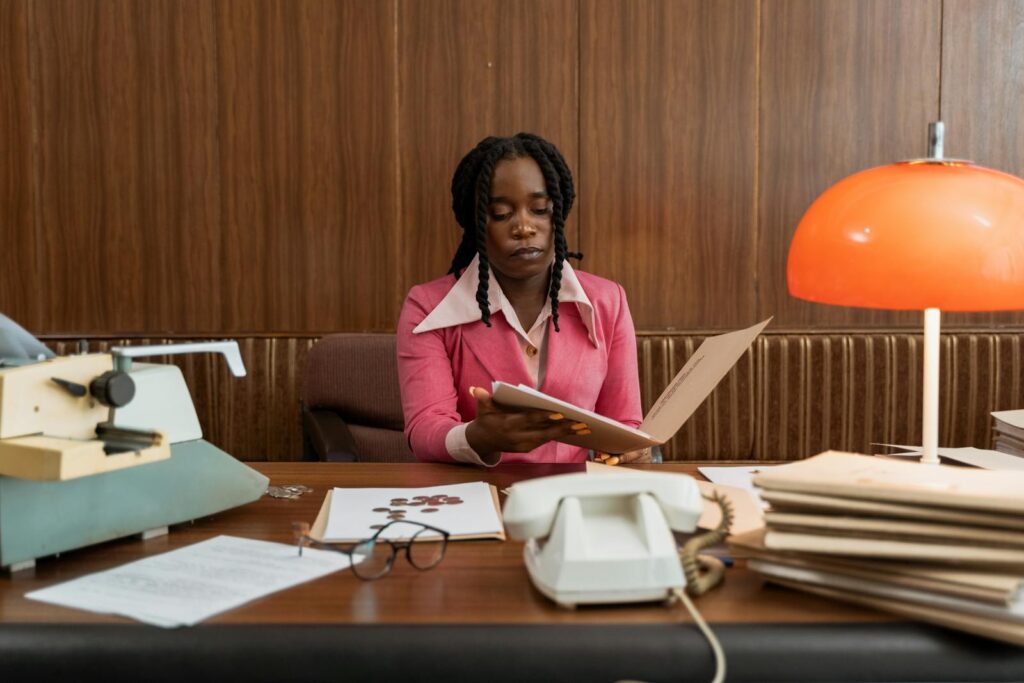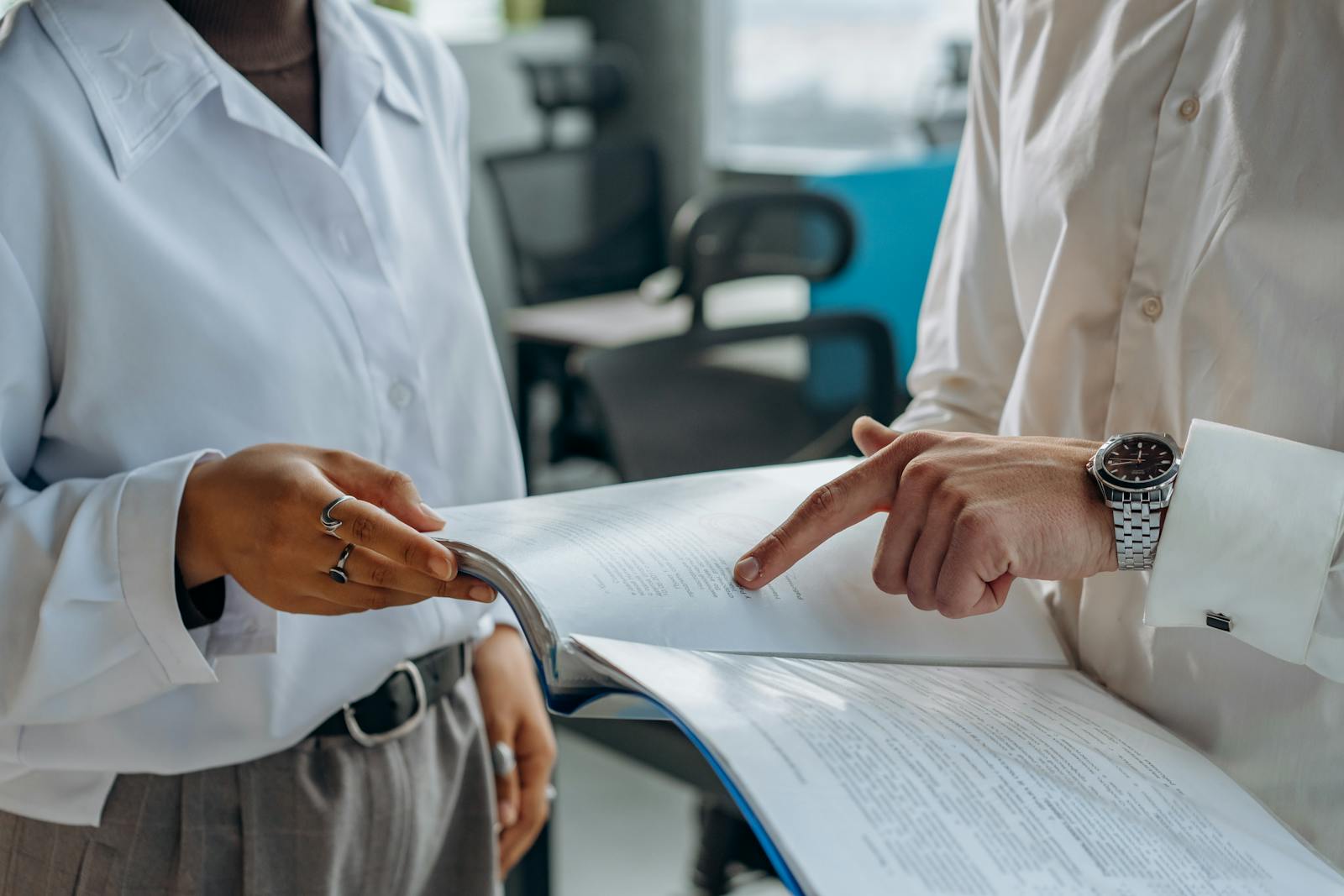When someone passes away without a will, their estate becomes part of a complex legal process that can be both time-consuming and stressful for their loved ones. At BruegelPC, we understand how complicated probate laws can be, especially during emotionally challenging times.
We’ll walk you through what happens when there isn’t a will, and how you can take steps to avoid unnecessary complications for your family. Trust us to make sense of it all, and let us help you plan for a future where your wishes are honored.
As demonstrated by the American Bar Association, if you don’t have a will, state laws decide who gets your belongings. A court appoints a guardian for minor children. It’s a longer, more costly process for your family.
What Is a Will?
A will is the only legal document that allows someone to choose who inherits their cherished possessions and property after they’re gone.
Essentially, a will lets people decide who gets their stuff, money, and other things after they pass away. It can also name guardians for young children and specify funeral wishes. Having a will makes sure your wishes are followed and helps avoid family fights over inheritance. A will can also name an executor to manage everything.
Predominantly, it’s important to update a will when there are changes like marriages, divorces, births, or deaths in the family. Without a will, state laws decide who gets what, which might not match what you want. Making a will gives peace of mind that your loved ones will be taken care of and your belongings will go to the right people.
Consequences of Dying Without a Will
Dying without a will means state laws determine asset distribution, possibly contradicting personal wishes.
Primarily, not having a will can cause arguments among family members.
If you die without a will, the court will pick someone to manage your belongings. This takes time and money because they have to deal with legal processes and paperwork.
The court will also decide who looks after any young children left behind. This might not be the person you would have chosen. In general, dying without a will can also mean some family members or loved ones might not receive anything, even if you wanted them to.
In short, not having a will can lead to confusion, fights, and money problems for those you leave behind. It’s important to have a will to make sure your things are given out as you want and to make things easier for your loved ones.
How Assets Are Distributed Without a Will
As we agreed before, without a will, a deceased person’s assets are distributed based on intestacy laws specific to their jurisdiction.
In a basic sense, these laws usually give priority to the closest family members of the person who passed away, like a spouse, children, parents, and siblings, in that order. If there are no living relatives, the assets might go to the state. A court will appoint someone, called an administrator, to manage the distribution according to these laws.
In short, this can take a lot of time and money because the administrator has to find and notify all possible heirs, pay off any remaining debts or taxes, and then distribute what’s left as per the rules. It’s important to have a will to make sure your assets go where you want them to and to avoid the challenges that come with these laws. Talking to a lawyer who knows about estate planning can help you create a clear will that shows how you want your assets shared after you die.
Legal Process Without a Will
In the preceding section intestate succession determines the distribution of a person’s estate according to state laws when they die without a will.
At its simplest, this means that if someone dies without a will, their belongings are divided according to state laws. The court will choose a person to manage and distribute the deceased’s property. This process can take a long time and be expensive, as the court has to figure out who should get what.
For the most part, without a will, family members might argue over who gets the property. Sometimes, if no relatives are found, the property might even go to distant relatives or the state. Making a will is important because it ensures your belongings are given out the way you want and avoids these complications.
How to Create a Will

As we discussed earlier did you know that creating a will allows you to designate who will inherit even your digital assets, like social media accounts and online subscriptions?
To outline briefly next, choose someone you trust to handle your will. Clearly state who gets your property and mention any conditions or specific instructions. Don’t forget to include plans for any children or dependents. Talk to a lawyer to make sure your will is legally sound and complete.
In other words, store it safely and check it from time to time to make updates if needed. Let a trusted person or legal representative know where your will is kept. Lastly, inform your loved ones about your wishes and the contents of your will to prevent any confusion or arguments after you’re gone.
My Concluding Thoughts
Thinking about our past talks, in sum, the implications of not having a will can be significant. Without a will, the distribution of your assets may not align with your wishes, leading to potential conflicts and lengthy legal processes for your loved ones.
What BruegelPC is pushing for is, it is very important to create a will to ensure that your assets are distributed according to your desires and to provide clarity and peace of mind for your family members.

